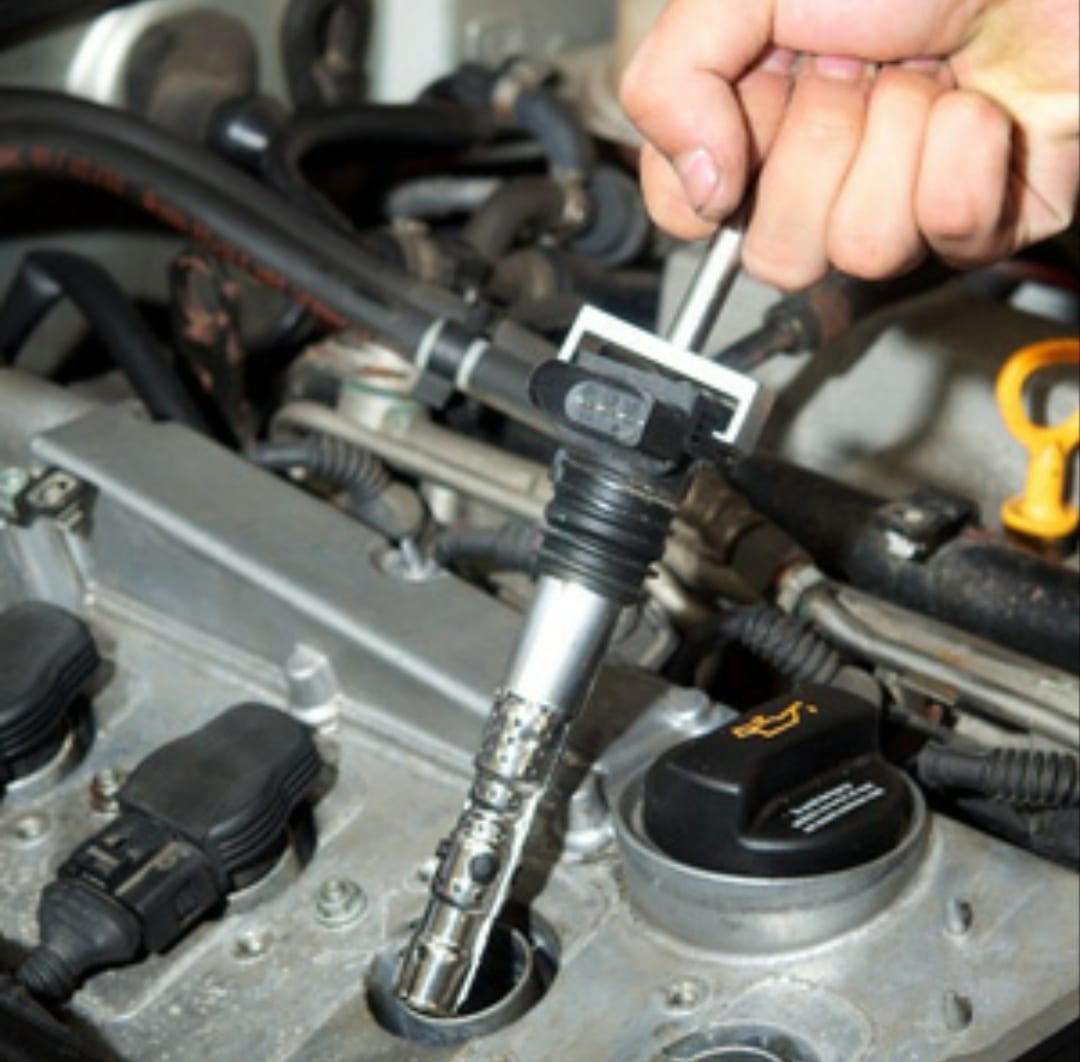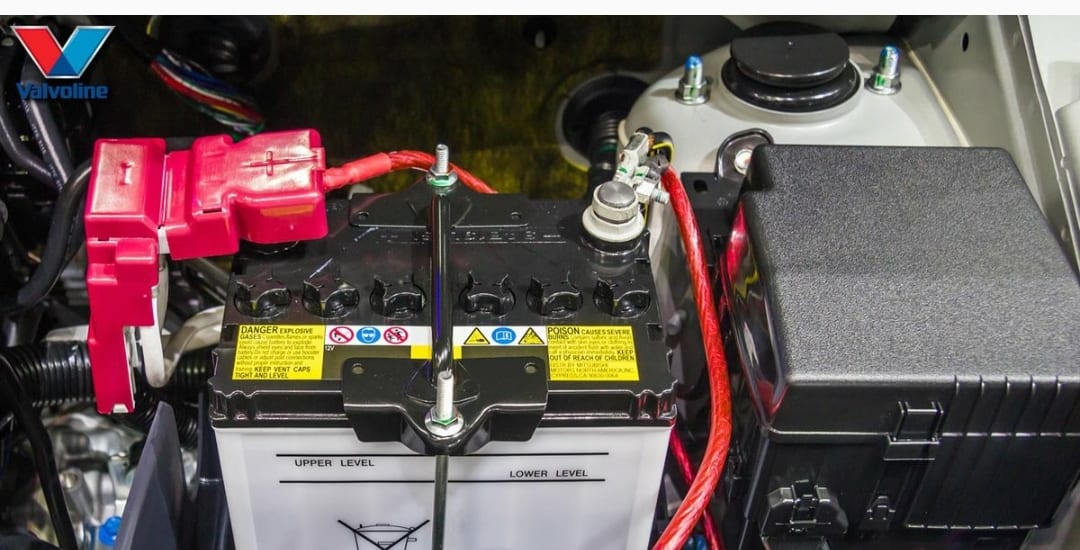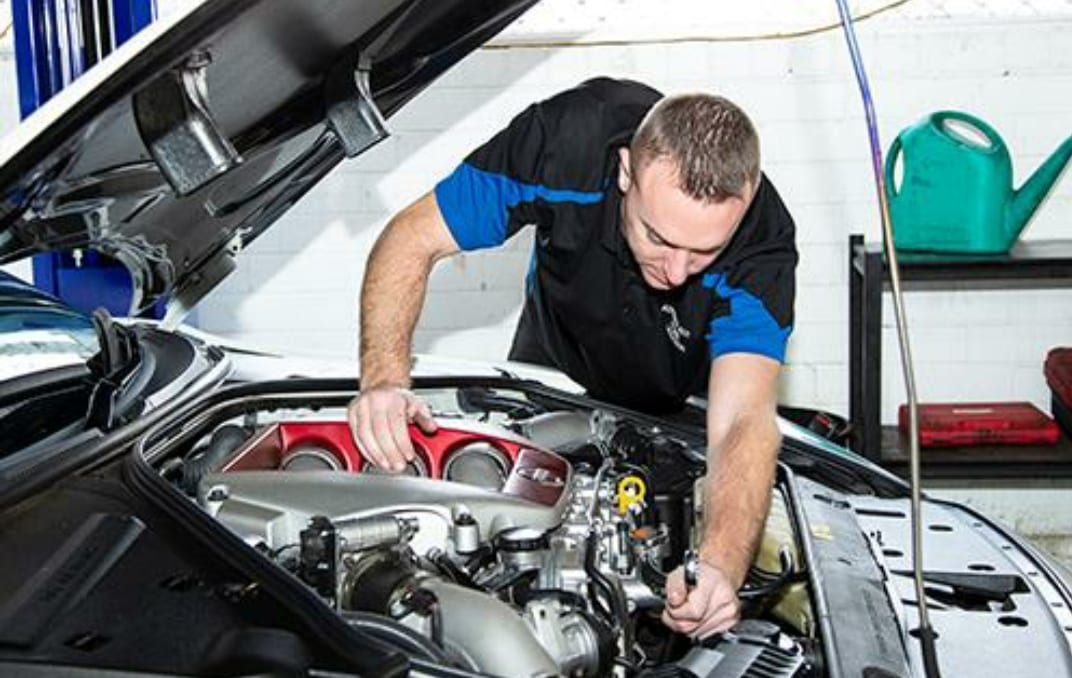Why a Healthy Car Battery is Important
A car battery is essential to the life of your vehicle and if you neglect it you’ll find yourself looking for auto repair center faster than you’d get zapped by shorting one out. Why? Well, there are many reasons for that. The first is that the battery interacts with more parts in your vehicle than you may think or know exist, and it can harm them if it’s severely damaged. Your car battery, if poorly maintained, has the ability to completely shut your vehicle down. Until you replace it, of course.
But before we jump into why your car battery is so important, the reasons need to have context and to have context, you need to know a little bit about what the battery does.
Your car battery is the central power hub of your vehicle for all things electrical. It stores electricity and then sends out jolts to every single electrical component in your vehicle. Not only does it power the electrical components, but it also keeps the electrical current in your car steady, which means it makes sure your car starts and has enough electricity to stay running.
This is a pretty big responsibility for such a tiny box and it might even seem like an impossible feat. But it isn’t. Therefore, let’s take a look at how it works.
Your battery, like I said before, serves two purposes: it stores electricity to start and keep your car running and also powers the electrical components. How it works is actually quite simple: the battery converts chemical energy into electrical energy, which is required to power your car.
In a nutshell, it delivers voltage (the electrical energy) to the starter (the component that makes the car run).
The starter is a component that interacts with both the battery and the engine. Think of it as the middle man, seeing as it takes the power from the battery when you turn the key and sends it to the engine in order to “crank” it or “turn over.” Essentially, the starter is the part that turns the engine at a high-enough speed to suck the fuel and air into the cylinders where the engine then compresses it.
This whole process is what allows your car to start and it’s all thanks to the battery.
It’s important to know, however, that the starter draws a lot of electricity. Therefore, it can only be used for the amount of time it takes to start your car. If not, it would drain the battery of its remaining voltage. Therefore, after the engine starts the alternator takes over. In a brief explanation of a complicated process, the alternator is what keeps your engine running and also what maintains the charge in the battery. This way, your battery will always be full at 12 volts of electricity.
The battery can’t directly keep your engine running, but it’s still the reason it does. Granted, if you just turn on an electrical component without the engine running, it will just use the power directly from the battery, which is why if you accidentally leave your lights on in the parking lot, your battery will eventually run out of juice.
A car battery will typically last anywhere between three to four years. But, that doesn’t mean it will be optimal in that time frame. After three years, it’s considered an old timer. However, it can last well beyond three years if you keep it healthy. But, the life expectancy of your battery depends on much more than just keeping it healthy; it’s also determined by other factors. Your own driving habits and weather conditions can shorten the life of a battery.
There are multiple signs when it comes to figuring out if your battery is old or experiencing problems. Two of the common ones are a check engine light or your engine struggling to turn over. To see how old the battery is, simply look at the date that’s been printed on it.
Your battery needs to be checked and maintained regularly, even more so after three years. At that point, you need to be diligent and ensure it has no serious problems.
But, why is all this important to know? If you haven’t noticed yet, your battery is the pulse of your vehicle. Without it, your car won’t run. The battery also stores a lot of electricity, and if it can’t properly contain that power it can cause damage to the charging system or starter. Not only does this render your engine useless, but it also adds to the cost of getting your car up and running again.
Let’s take a closer look at how it can harm some of the other components under the hood.
How It Can Harm Your Vehicle
What happens when you sprain your ankle or burn your hand? You want to put weight on the other foot, or use your other hand, obviously. It’s the same concept for your car. When your battery is damaged or weak, your vehicle’s system tries to figure out a way to keep the whole ship sailing. Therefore, it puts added pressure on the other parts, which happen to be the alternator and the starter.
These parts will end up malfunctioning because they are drawing excessive voltage to compensate for the lack of stored energy in the battery. This not only makes your engine much less efficient, but will also lead to an expensive repair.
Also, it’s best to think twice before deciding to have someone jump your dead battery. If your battery died because of a short in the system, then it will drain and kill the battery of whoever is trying to jump it.
These are all pretty serious issues. Thankfully, we know some preventative measures to avoid them.
With batteries, good care is all about preventative measures. Sometimes, you won’t know something is wrong until you go to start your car and the engine doesn’t turn over. The first thing you can do is regularly test your battery. Typically, your average battery should be carrying a charge of 12 volts. Stop by Smoky Mountain Auto Service And Tires or pick yourself up a volt tester to figure out the charge of the battery.
Also, make sure to keep the terminals and positive and negative posts clean. If you see any greenish white stuff around them, that’s corrosion. Don’t be too alarmed; it happens over time with older batteries. Take a corrosion cleaning solution and a wire brush and go to town cleaning those terminals. If the corrosion is built up on a new battery, or it re-appears shortly after, then you need to get it looked at; as that indicates a more serious issue.
Make sure to drive with your vehicle’s health in mind and keep it parked somewhere warm during the winter and cool in the summer, if possible. The extreme changes in temperature can cause damage and shorten the life of your battery.
Why is it important to keep your battery healthy? Because, like I said before, it’s the pulse of your car. If your battery isn’t working properly, then your engine won’t work properly. Not only could this lead to costly damage further on, but it could also be dangerous to you and your passengers.




